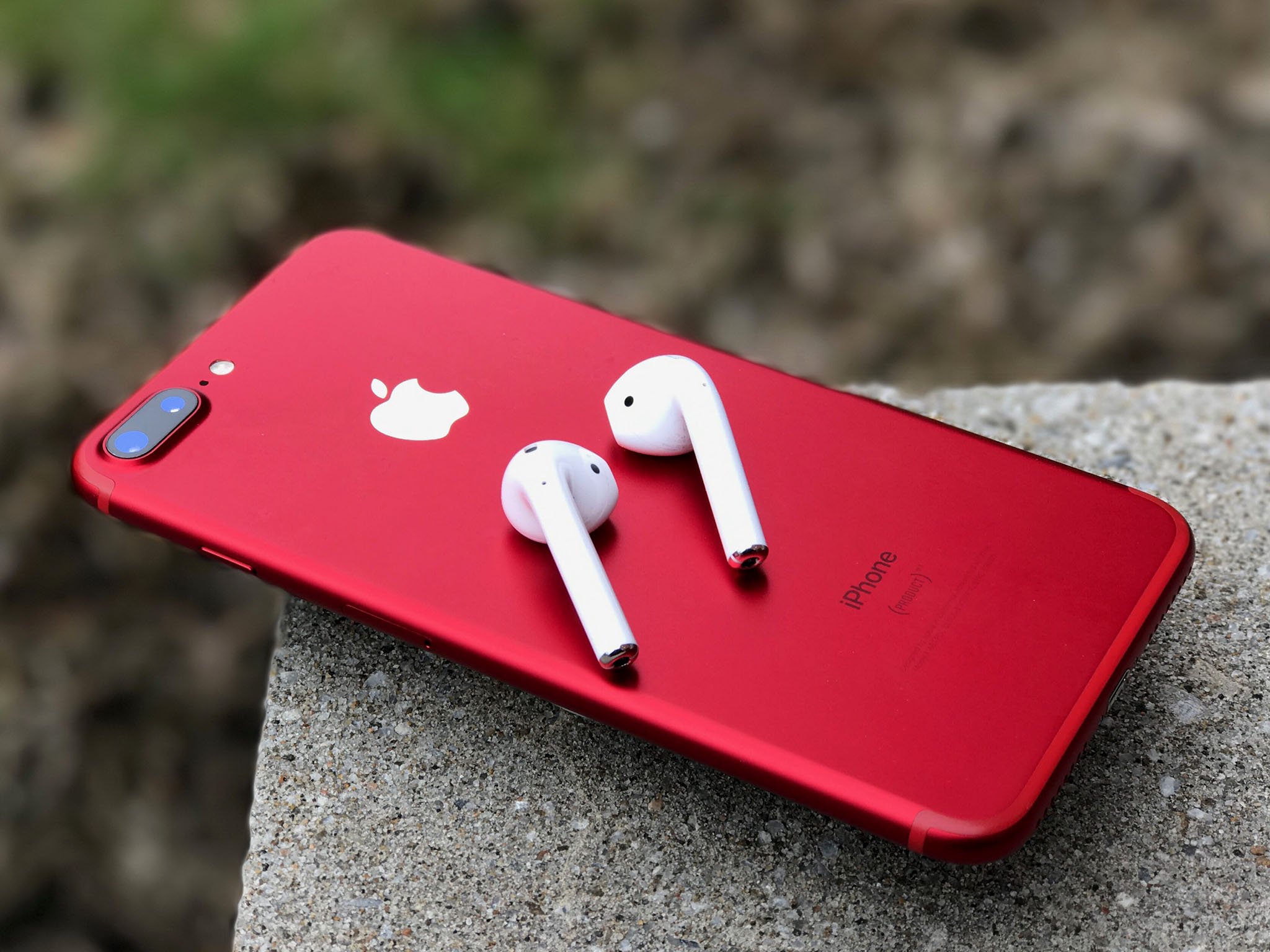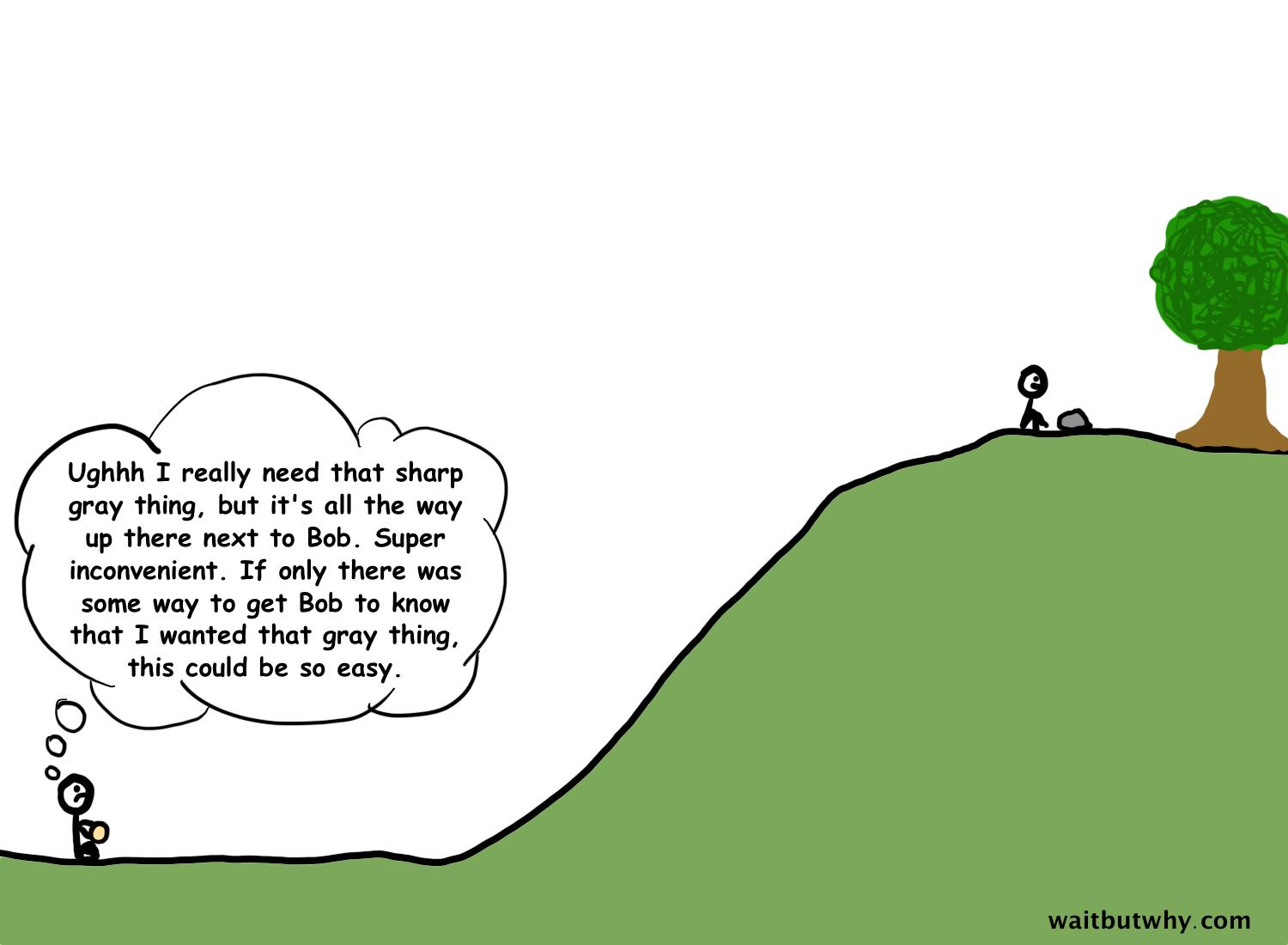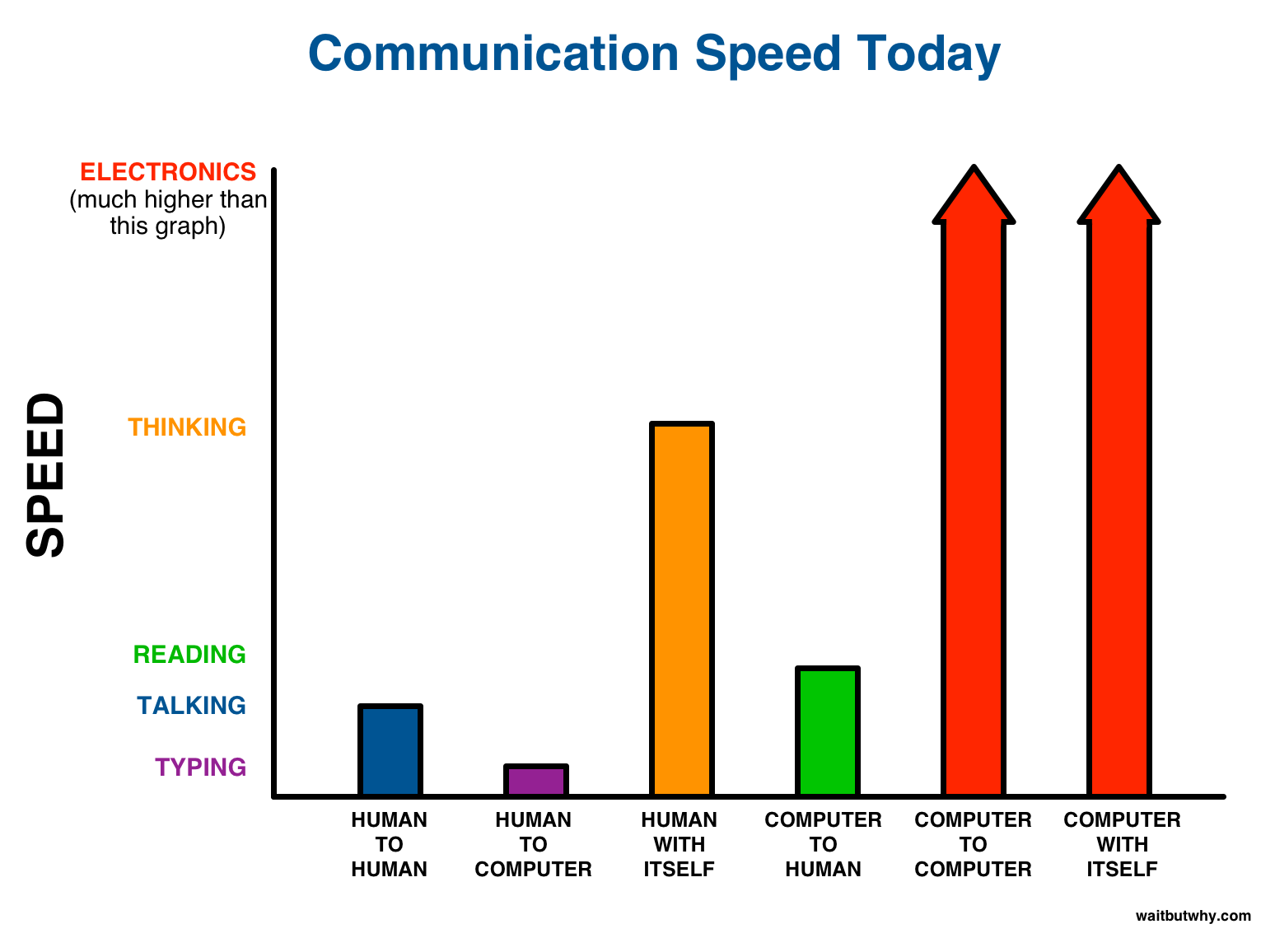Our iPhone addiction has turned us all into cyborgs

If you're a fan of PayPal, Tesla, and SpaceX founder Elon Musk's many ambitious ventures, you may have read a piece or two by Tim Urban of Wait But Why; Urban focuses on existential, humanitarian, and scientific history — what's happening, how did we get there, and where do we go from there.
He also decorates his lengthy articles with delightful stick figures and graphs — because sometimes you need a bit of levity in-between understanding how artificial intelligence may be the doom or savior of us all.
Urban's latest Wait But Why opus is on Musk's newest venture, Neuralink, which is ostensibly creating more advanced brain-machine interfaces. But before talking about that, the article deep dives into (surprisingly understandable) neuroscience concepts, including why the human brain is so difficult to map and comprehend. Why would we want to map the human brain and hook it up to computers in the first place? Because we've been doing so already for decades — just very, very slowly. From Musk:
We already have a digital tertiary layer in a sense, in that you have your computer or your phone or your applications. You can ask a question via Google and get an answer instantly. You can access any book or any music. With a spreadsheet, you can do incredible calculations. If you had an Empire State building filled with people—even if they had calculators, let alone if they had to do it with a pencil and paper—one person with a laptop could outdo the Empire State Building filled with people with calculators. You can video chat with someone in freaking Timbuktu for free. This would've gotten you burnt for witchcraft in the old days. You can record as much video with sound as you want, take a zillion pictures, have them tagged with who they are and when it took place. You can broadcast communications through social media to millions of people simultaneously for free. These are incredible superpowers that the President of the United States didn't have twenty years ago.The thing that people, I think, don't appreciate right now is that they are already a cyborg. You're already a different creature than you would have been twenty years ago, or even ten years ago. You're already a different creature. You can see this when they do surveys of like, "how long do you want to be away from your phone?" and—particularly if you're a teenager or in your 20s—even a day hurts. If you leave your phone behind, it's like missing limb syndrome. I think people—they're already kind of merged with their phone and their laptop and their applications and everything.
From this perspective, our iPhone and Android smartphones are a part of our neurological system already — they're just harder to interface with than, say, our limbic system or prefrontal cortex.
This concept defines everyone's rush to get into wearable technology, digital assistants like Siri, and AR: The easier it is for us to interface with the Internet-connected part of our brain, the faster we can collectively learn and evolve.
Though I've rarely thought of humanity like this before now, it's really rather true: We're the first fully cyborg generation. We recall information from the Internet as often as our own brains — we just use a much slower method of recall than our brain's neural pathways to get to that next section of information.
You're already digitally superhuman. The thing that would change is the interface—having a high-bandwidth interface to your digital enhancements. The thing is that today, the interface all necks down to this tiny straw, which is, particularly in terms of output, it's like poking things with your meat sticks, or using words—either speaking or tapping things with fingers. And in fact, output has gone backwards. It used to be, in your most frequent form, output would be ten-finger typing. Now, it's like, two-thumb typing. That's crazy slow communication. We should be able to improve that by many orders of magnitude with a direct neural interface.
It's a bit terrifying to think about, honestly. As technology evolves to provide that bandwidth and connects us instantly to the Internet (and each other), it opens up a host of other frightening concepts:
iMore offers spot-on advice and guidance from our team of experts, with decades of Apple device experience to lean on. Learn more with iMore!
If we can communicate telepathically and instantly, where does language go from here? Could we evolve to understand language as empathic signals, or circular concepts? Is this how we fix worldwide communication?
Does this open up an entirely new universe for the creatives and scientific pros in this world — or turn everyone into a person who can express themselves creatively?
If we can think collectively, does that mean we get further as a species, or instantly destroy ourselves? Do we essentially become the Expanse's protomolecule, or the Formics of Ender's Game, or Arrival's Heptapods (or any number of proto-futuristic science-fiction concepts) if we have communal processing?
I'm going down a rabbit hole here, so I'll stop before I disappear into Wonderland forever — but it's interesting to think about, no? We're on the precipice of technology not only changing our everyday lives, but the very way we think, communicate, and use the world around us. And smartphones are a pretty big stepping stone on that journey.
Come what may, I'm pretty excited for the moment that I get to call myself a cyborg. (And seriously, if you have a few hours, find a good place to sit and ingest Urban's incredibly comprehensive explainer on Neuralink and our potential machine-linked future.)
Serenity was formerly the Managing Editor at iMore, and now works for Apple. She's been talking, writing about, and tinkering with Apple products since she was old enough to double-click. In her spare time, she sketches, sings, and in her secret superhero life, plays roller derby. Follow her on Twitter @settern.



